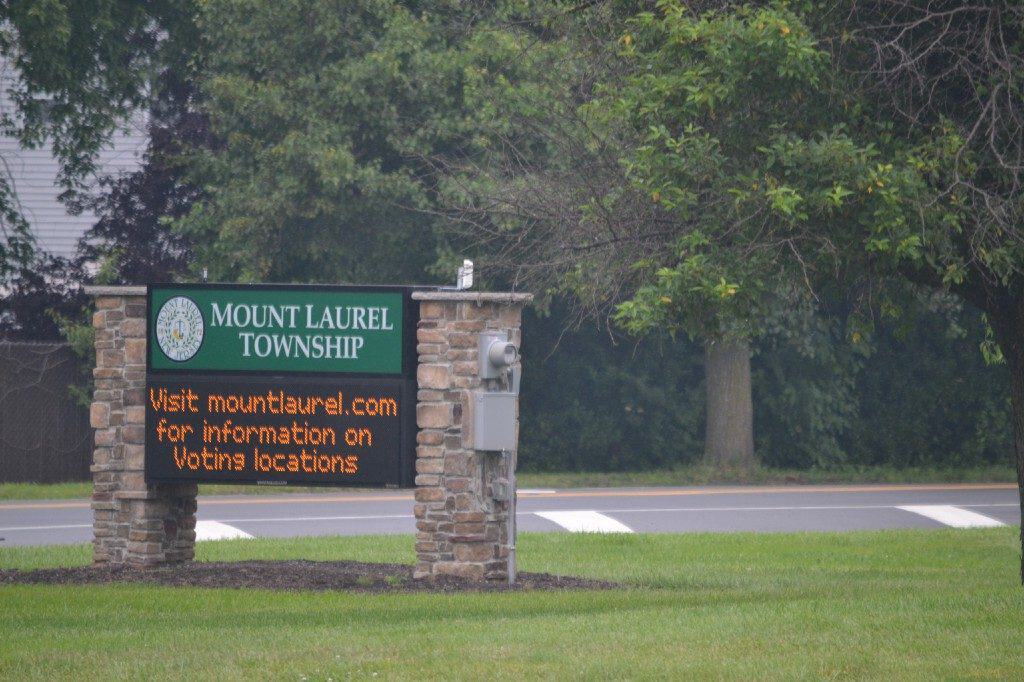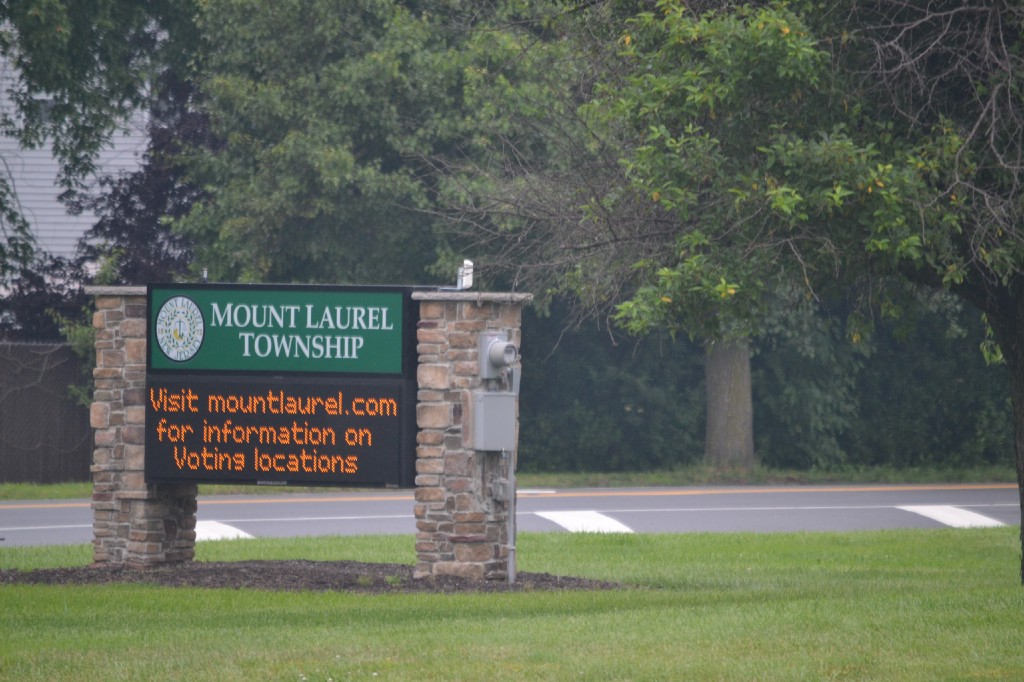
Prior to the changes to the township’s zoning ordinance, parties were required to seek variances from the township’s zoning board.

Mt. Laurel Council has finalized rules to allow commercial businesses to install roof-mounted solar panels.
Prior to the changes, parties were required to seek variances from the zoning board to install similar features at their businesses.
Township planner Joseph Petrongolo had previously spoken about the rules at a council meeting in August, noting the zoning board had granted many similar variances in recent years.
Petrongolo recommended township council change the ordinances to reflect the demand from local entities.
Regarding the solar panels, commercial properties will be limited to installing the energy systems only on the roofs of their buildings, which are the same rules Mt. Laurel’s homeowners must follow.
Installation of solar panels must be limited to the principal building of a commercial property as well.
Businesses must also mount the panels parallel to the roof angle and not exceed a height of three feet above the edge of the roofline or above the highest point of the roof surface. As panels may not extend beyond the edge of a roofline, no panels will be visible from the ground level or adjacent streets and rights of way.
Officials have said these rules will help prevent potential glare from the sun off the panels to nearby motorists.
Any commercial property looking to install solar panels must also provide the township with architectural renderings and information on how the panels meet local fire and safety codes.
In addition, the panels must also have an external disconnect switch, which owners must file on a map with the township’s fire and police departments for use in the event of an emergency. Police and fire officials must also approve of the location of the switch prior to installation.
Mayor Dennis Riley said the safety of first responders was one of council’s first considerations when asking about the design of the ordinances with other township officials.
Council and members of the public referenced the fire that destroyed the Dietz & Watson storage facility in Delanco in 2013, where firefighters were forced to pull back at several points due to the risk of electrocution from fully-charged solar panels on the roof of the building.
“Everyone in this area I think knows about the Dietz & Watson fire, and that’s why it was paramount in coming to the conclusion with this resolution in consultation with all of our professionals,” Riley said.
Businesses must also have the designs of their installations signed and sealed by a professional engineer to certify structural integrity of the buildings and roofs where the panels will be mounted.
Businesses are also limited to using any power generated by the panels for that property only. The principal business cannot sell generated power to another entity.
All electrical lines and utility wires for the solar systems are required to be buried underground as applicable, and all lines or wires running down the side of a structure from the rooftop must be placed as aesthetically as possible.









